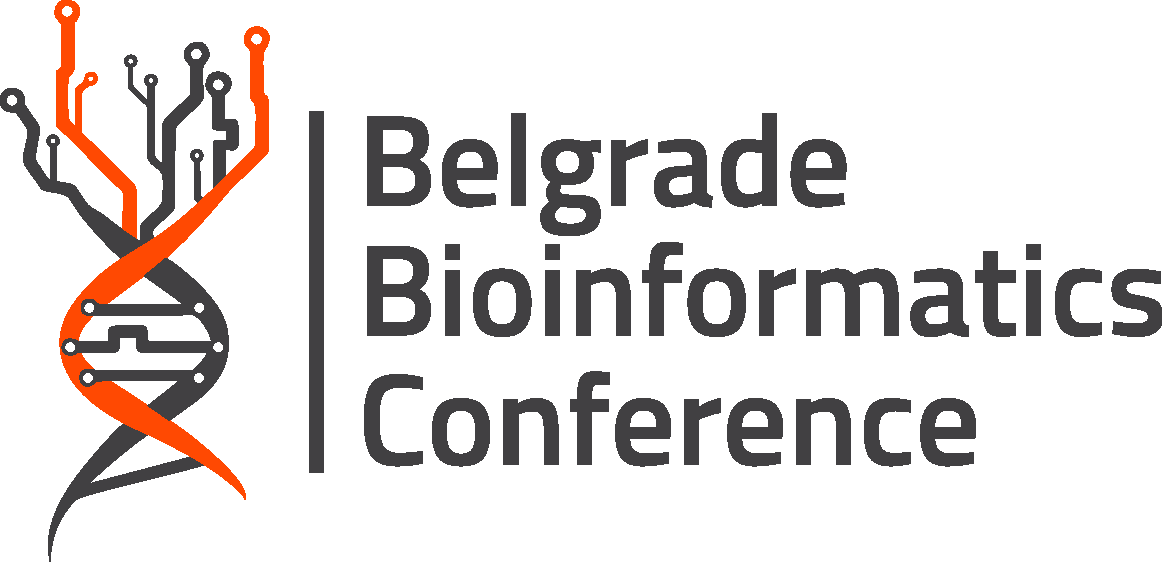Svetlana Ugarčina Perović1,2, Vedanth Ramji3,4, Hui Chong1, Yiqian Duan1, Rémi Gschwind5, Etienne Ruppe5,6, Finlay Maguire7, Luis Pedro Coelho1,4
1 Institute of Science and Technology for Brain-Inspired Intelligence, Fudan University, Shanghai, China
2 Department of Cellular, Computational and Integrative Biology – CIBIO, University of Trento, Trento, Italy
3 APL Global School, Chennai, India
4 Centre for Microbiome Research, School of Biomedical Sciences, Queensland University of Technology (QUT), Translational Research Institute, Woolloongabba, Queensland, Australia
5 INSERM, University of Paris, IAME – Paris, France
6 AP-HP, Bichat-Claude Bernard Hospital, Bacteriology Laboratory, Paris, France
7 Faculty of Computer Science, Dalhousie University, Halifax, Canada
svetlana.ugarcina [at] gmail.com
Abstract
The antibiotic resistance genes (ARGs) in both host-associated and environmental microbiomes – antibiotic resistome – play an important role in the spread of antibiotic resistance. Metagenomics enables high-throughput exploration of microbiomes. For ARGs annotation within the metagenomes, several tools are in use, however, most of them are developed for genomics studies and their databases may pose certain biases.
We compared outputs from different ARGs annotation approaches: we ran >13 000 high-quality metagenomes from 14 habitats in three input modes (read/assembly/protein) through six ARGs annotation pipelines using RGI, ABRicate, ResFinder, AMRFinderPlus, DeepARG and ARGs-OAP. To facilitate comparison of outputs with different gene names, we performed ARO (CARD’s Antibiotic Resistance Ontology) normalization using our tool https://github.com/BigDataBiology/argNorm.
DeepARG and RGI provide higher coverage (with potential novel ARGs and/or false positives) while ABRicate’s different databases have lower coverage but more well validated ARGs. The annotations did not differ only in hits number but also in information provided: e.g. using ABRicate, more sulfonamide ARGs were identified using ResFinderFG version 2.0 as the database, while using ResFinder resulted in more macrolide ARGs. Thus, choice of annotation tool and database should be driven by research questions and ARGs targets.
Keywords: microbiome, metagenome, antibiotic resistance gene
Acknowledgement: This work was supported by the International Development Research Centre, IDRC, (under the framework of JPI AMR, grant 109304-001, EMBARK) and the Shanghai Municipal Science and Technology Major Project (grant 2018SHZDZX01) (SUP, LPC); the Australian Research Council (grant FT230100724) and National Health and Medical Research Council (under the framework of JPI AMR, grant 2031902, SEARCHER) (LPC); and Emergent Ventures 2023 Fellowship (VR).

